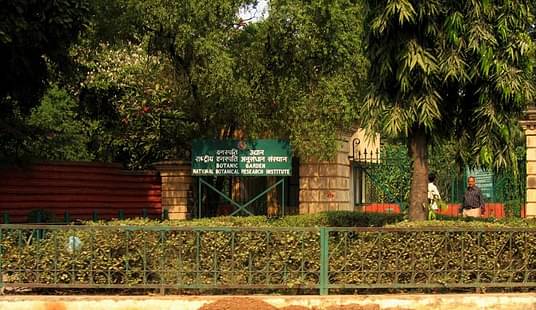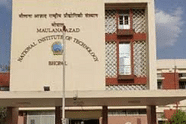
National Botanical Research Institute (NBRI) Lucknow, has developed a 'transgenic rice' which will reduce arsenic accumulation and contamination in rice grains. It took almost 10 years of research to develop this rice. Arsenic contamination in rice gives rise to serious health risks like kidney disease, cancer and skin problems.
The technology is ready for field trials. Debasis Chakrabarty, senior NBRI scientist who conducted the research recently, visited the International Rice Research Institute (IRRI), Philippine. The institute in principal agreed to help in research.

According to Chakrabarty who is also head of the eight-member team, which carried out research published recently in an international journal 'Metallomics' published by 'Royal Society of Chemistry', "The institute invited them to become familiar with ongoing research work at NBRI and has agreed in principle to conduct field trials subjected to clearance by governments of both countries,"
Chronic arsenic exposure through groundwater contamination affects more than 150 million people worldwide and over 500 million people in Ganga, Meghna and Brahmaputra areas. The crop rice is most susceptible to absorbing arsenic during cultivation.
Cultivating rice varieties that accumulate less amount of arsenic can tackle the challenge of exposure to carcinogens (cancer-causing elements) that affect the population in Uttar Pradesh, West Bengal, Bihar, Jharkhand and Odisha.
About NBRI:
The CSIR-National Botanical Research Institute (NBRI) - is amongst one of the constituent research institutes of the Council of Scientific and Industrial Research (CSIR), New Delhi. Originally set up as the National Botanic Gardens (NBG) by the State Government of Uttar Pradesh (U.P.), it was taken over by the CSIR in 1953. Though, initially engaged in research in the classical botanical disciplines, the NBG went on laying an increasing emphasis, in keeping with the national needs and priorities in the field of plant sciences, on its applied and developmental research activities.
Source: Rahul Pandey, City Journalist - Lucknow, CollegeDekho


 Follow us
Follow us














